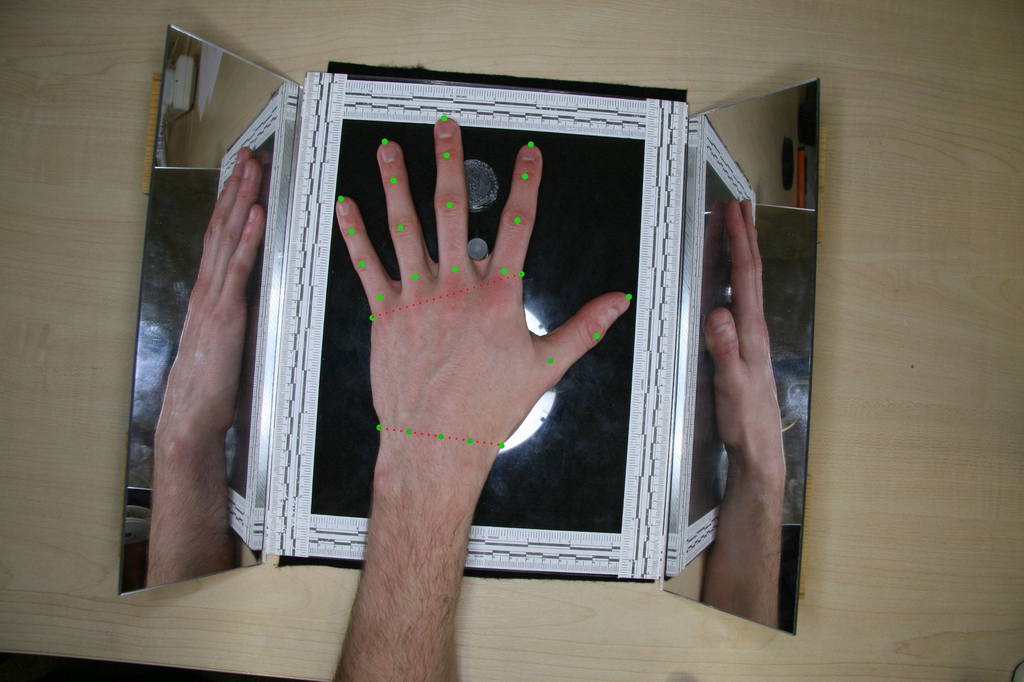Journal Paper | Different strokes for different folks? Revealing the physical characteristics of smartphone users from their swipe gestures
- 2016 | Chris Bevan and Danaë Stanton Fraser
- International Journal of Human-Computer Studies. Elsevier.

Abstract | Anthropometrics show that the lengths of many human body segments follow a common proportional relationship. To know the length of one body segment – such as a thumb – potentially provides a predictive route to other physical characteristics, such as overall standing height. In this study, we examined whether it is feasible that the length of a person׳s thumb could be revealed from the way in which they complete swipe gestures on a touchscreen-based smartphone. From a corpus of approx. 19,000 swipe gestures captured from 178 volunteers, we found that people with longer thumbs complete swipe gestures with shorter completion times, higher speeds and with higher accelerations than people with shorter thumbs. These differences were also observed to exist between our male and female volunteers, along with additional differences in the amount of touch pressure applied to the screen. Results are discussed in terms of linking behavioural and physical biometrics.
- Associated Project
- SID: An Exploration of Super-Identity
- DOI
- https://doi.org/10.1016/j.ijhcs.2016.01.001